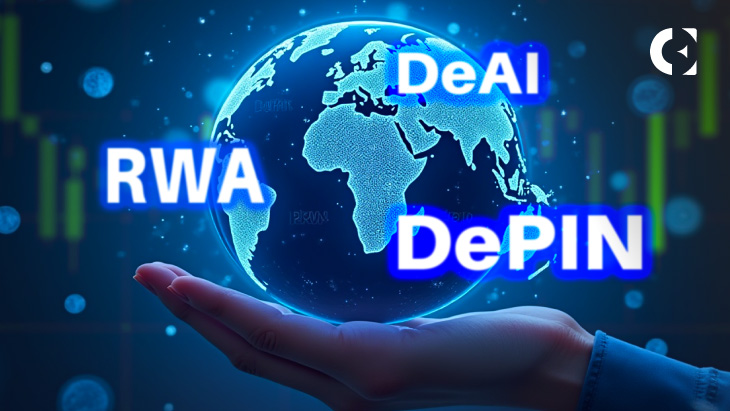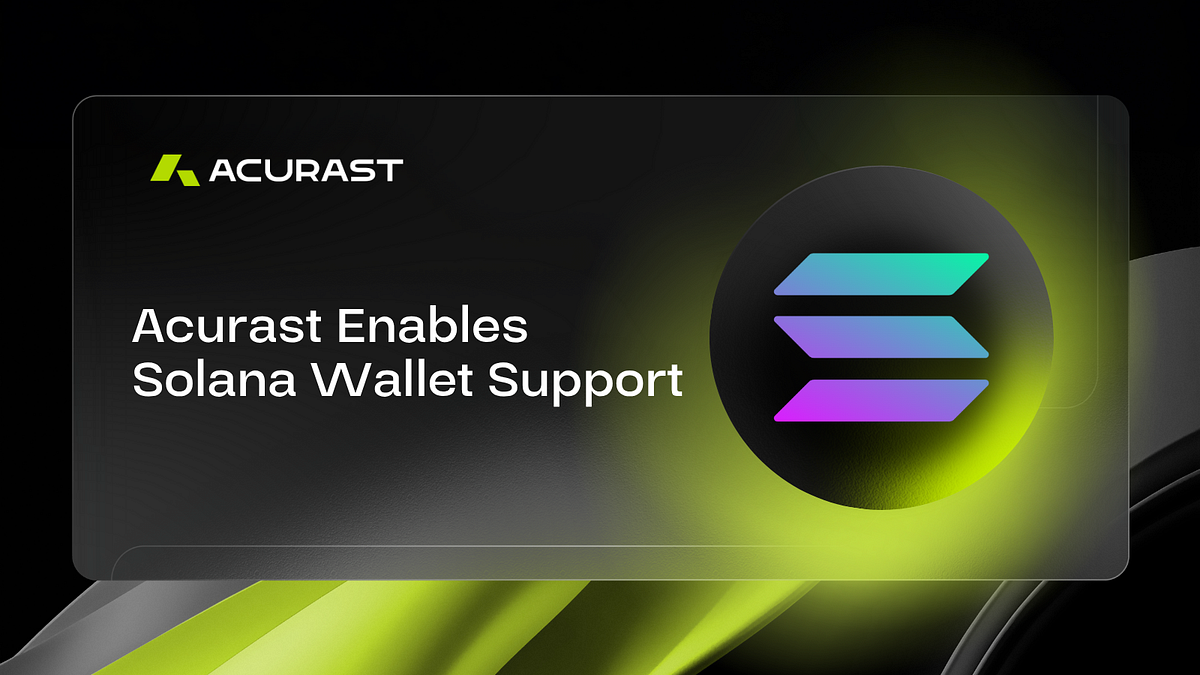HashPower Secures $50 Million Investment for $HPX at AI & DePIN Powerhouse Event

HashPower recently announced a significant milestone by signing a Memorandum of Understanding (MOU) that secures up to $50 million in investment for its token $HPX. This announcement was made during the AI & DePIN Powerhouse event held in Hong Kong, which attracted over 2,000 attendees, including industry leaders, investors, and innovators. The event featured engaging panels and discussions on the future of decentralized AI and infrastructure, emphasizing the importance of collaboration in driving technological advancements within the blockchain ecosystem.
The strategic partnership established through this MOU involves several key players in the industry, including Aethir, Network3, and IoTeX, among others. The collaboration aims to foster growth in the decentralized infrastructure space by focusing on resource sharing, joint research initiatives, and targeted investments. This initiative is expected to propel the development of AI-powered decentralized infrastructure, enhancing the capabilities and efficiency of various applications within the blockchain domain.
In addition to the investment announcement, the AI & DePIN Powerhouse event showcased innovative projects like Network3, which is building a decentralized Edge AI infrastructure, and Autonomys, a decentralized AI stack designed for high-throughput applications. The event highlighted the evolving landscape of crypto mining, AI, and decentralized hardware infrastructure, setting the stage for future advancements in these interconnected fields. HashPower continues to lead the charge in revolutionizing the mining industry, making it more accessible and transparent for participants worldwide.
Related News





